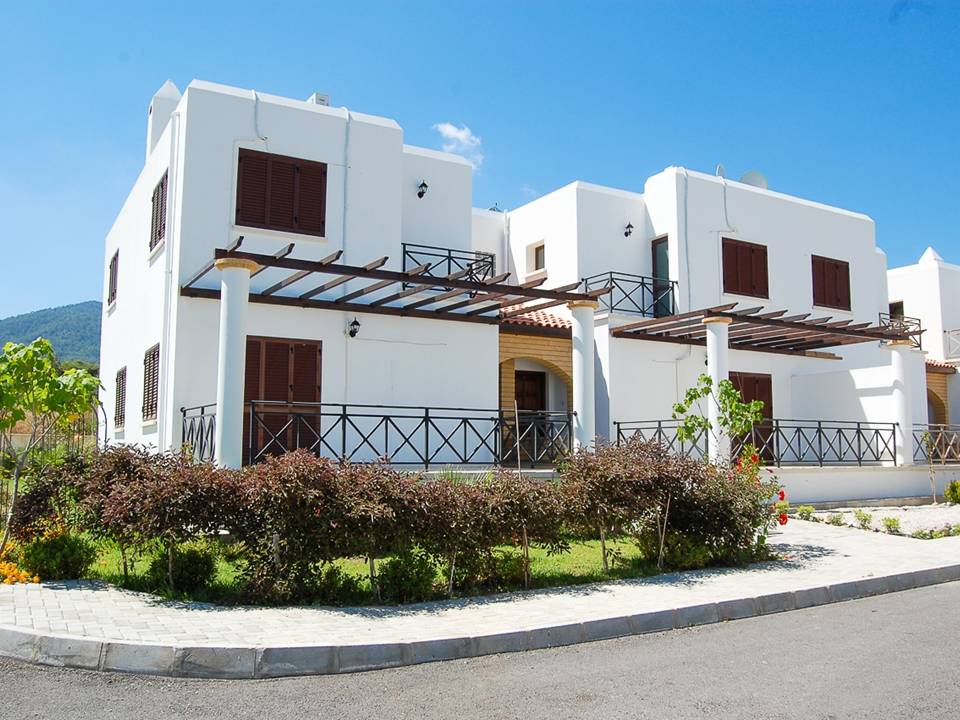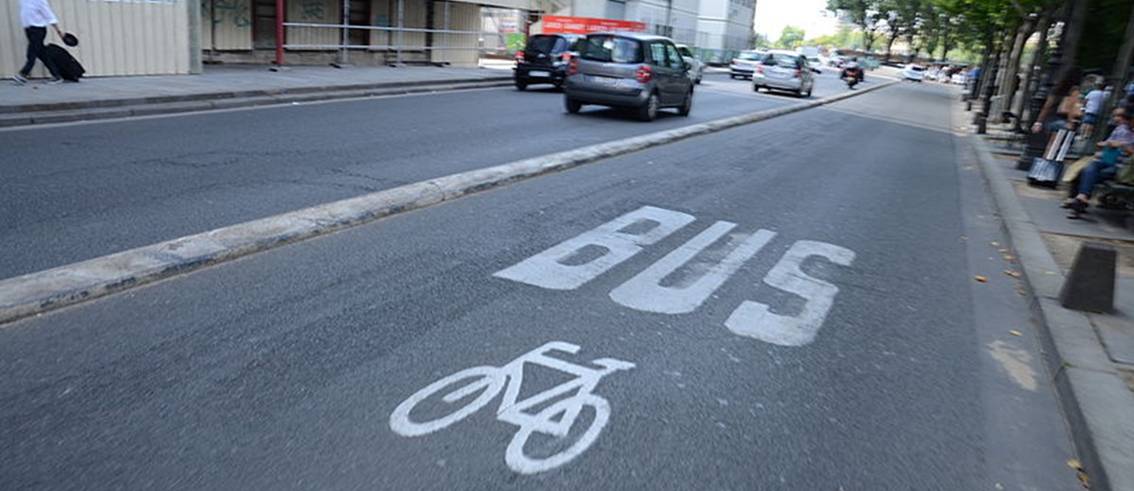Cyprus Housing Problem: Who is Affected
Cyprus Housing Problem: The cost of construction has been increasing and this surge is starting to ripple through the real estate market. As a result, both rents and loan payments have been climbing, and more people are feeling the strain. Demand for housing is rising. Prices for materials and labour are increasing quickly. This trend is creating pressure on renters and homeowners. The situation impacts more and more people. The financial burden is growing heavier. It affects individuals and families across the country.
The Driving Forces Behind Rising Construction Costs
Several factors are contributing to the rise in construction costs in Cyprus. Global supply chain disruptions, increased demand for materials, and a shortage of skilled labour have all played a role. The COVID-19 pandemic disrupted the supply of key construction materials such as steel, cement, and wood, leading to delays and price hikes. Even as global markets recover, supply chain issues persist, keeping material costs high.
The War in Ukraine
Additionally, the war in Ukraine has had an impact on energy prices, which affects production and transportation costs. As fuel prices soar, transporting materials to construction sites has become more expensive.
Construction companies are struggling to recruit skilled workers. Many workers left the industry during the pandemic. Others have moved to different sectors.
Demand for housing is increasing. This is especially true in major urban areas like Nicosia, Limassol, and Larnaca. Domestic buyers and foreign investors are competing for limited housing options. This competition is pushing up land and construction costs.
Developers have little choice but to pass these increased costs on to buyers and renters, contributing to a surge in property prices and rental rates.
Impact on Rents and Mortgage Payments
As construction costs rise, rental prices in Cyprus have followed suit. Many landlords have had to raise rents to cover their increased expenses, such as maintenance and property improvements, which are now more expensive due to rising material and labour costs. Renters, particularly those living in urban areas, are feeling the squeeze. In Limassol, for example, rental prices have seen double-digit increases over the past year. Nicosia and Larnaca have experienced similar trends, pushing more people to search for affordable housing options, which are becoming increasingly scarce.

For those with mortgages, rising construction costs also mean higher payments for new home loans. Banks base mortgage rates on construction costs, so when the price of building a home goes up, monthly mortgage payments also increase. For many Cypriots who are already grappling with stagnant wages and inflation, these rising payments are adding an extra layer of financial stress. First-time homebuyers, in particular, are finding it increasingly difficult to enter the property market as loan repayments become less affordable.
Even those who already own homes are not immune to the effects of rising construction costs. Renovations and home improvements have become more expensive, as the price of materials continues to rise. Homeowners who plan to upgrade their properties are now delaying or cancelling those projects because the costs are simply too high.
A Growing Number of People Feeling the Pressure
Cyprus Housing Problem: The rising costs of construction, rent, and loan payments are affecting a growing number of people across Cyprus. Young professionals and families, in particular, are facing tough choices as they struggle to balance their budgets. Many are being forced to downsize or relocate to more affordable areas, as the cost of living in urban centres becomes unsustainable. Some families are even moving to the countryside in search of cheaper housing options, though this comes with its own set of challenges, such as longer commutes and fewer amenities.
Who is Affected Most
Lower-income households are bearing the brunt of these rising costs. With wages remaining largely stagnant, many are spending a larger portion of their income on housing, leaving less money for other essentials such as food, education, and healthcare. In extreme cases, some individuals are falling behind on rent or mortgage payments, risking eviction or foreclosure.
Businesses are also feeling the impact. Construction companies are seeing their profit margins shrink as they struggle to keep up with rising costs. Some have been forced to halt projects or lay off workers, while others have raised their prices, making it more difficult for potential buyers to afford new homes or commercial properties.
Potential Solutions and Future Outlook
To combat the rising costs of construction, several solutions are being discussed. One potential avenue is increased government intervention. The Cypriot government could introduce policies to encourage more affordable housing development, such as providing subsidies or tax breaks to developers who build lower-cost homes. Another option is to streamline the planning and permitting processes, which could reduce construction delays and lower overall project costs.
Innovations in construction technology could also help mitigate some of these costs. For example, the use of prefabricated materials and modular construction methods has been shown to reduce both labour and material costs. Encouraging more sustainable building practices, such as using locally sourced materials, could also help reduce reliance on expensive imports and lower transportation costs.
Rents and Property Prices Will Likely Remain High
However, even with these potential solutions, the outlook for the short term remains challenging. Construction costs are unlikely to drop significantly soon, especially given the ongoing global economic uncertainties. As long as demand for housing continues to outpace supply, both rents and property prices will likely remain high, putting continued pressure on the people of Cyprus.
Conclusion
The rising cost of construction in Cyprus is creating a domino effect across the housing market, with rents and mortgage payments steadily increasing. A growing number of people are feeling the financial strain as these costs show no signs of abating. Without intervention or innovative solutions, this trend is likely to continue, making housing less affordable for many. In the meantime, individuals, families, and businesses alike will need to navigate the challenges posed by this rapidly changing market.




